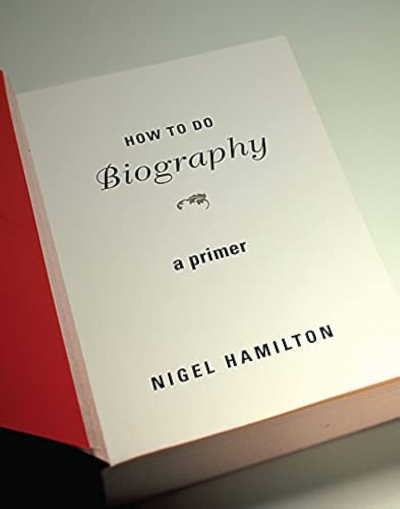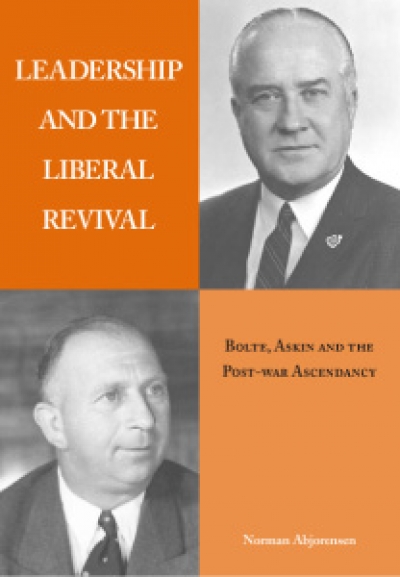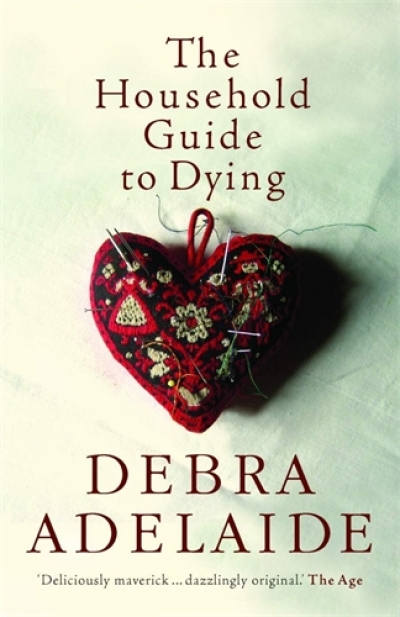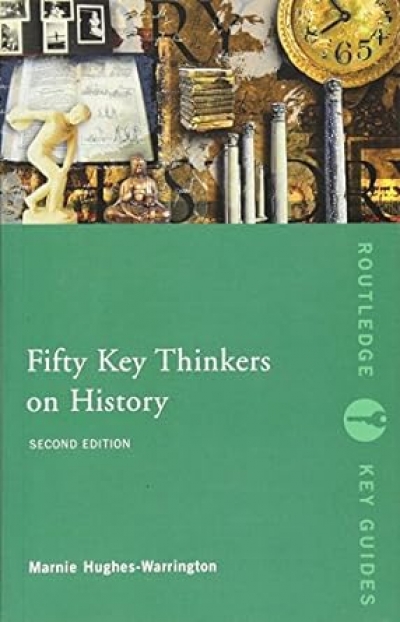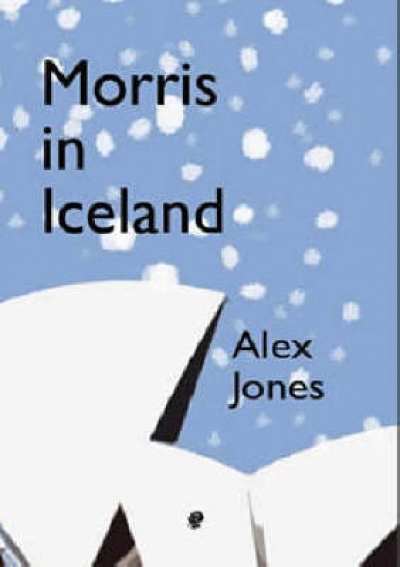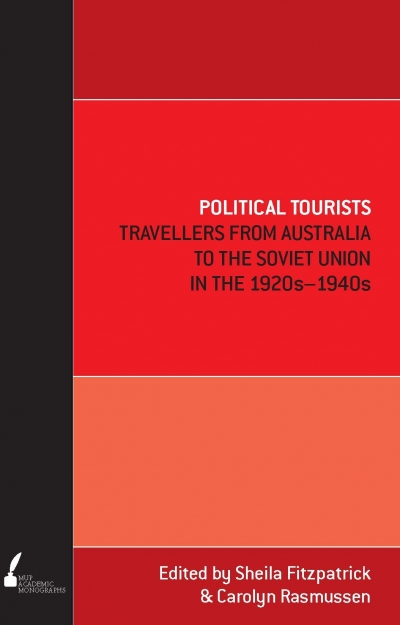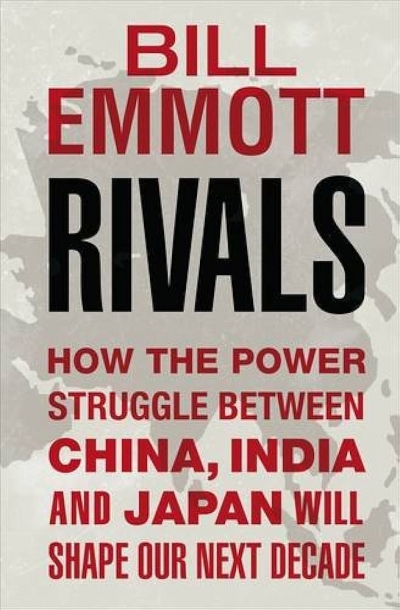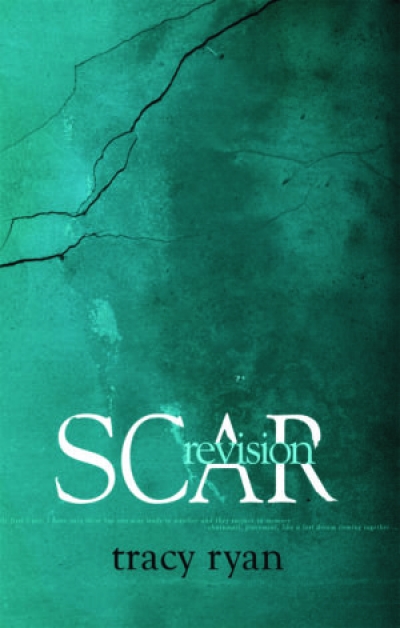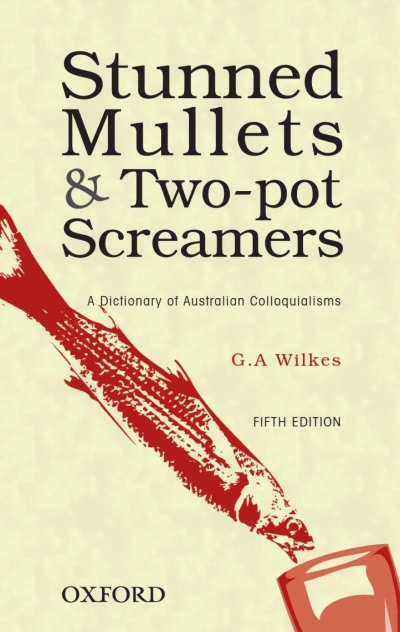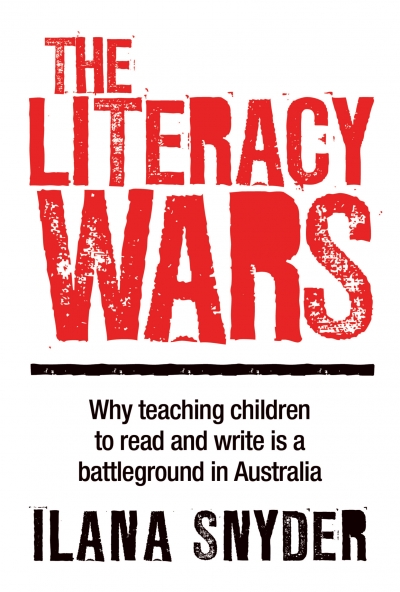Archive
Leadership And The Liberal Revival: Bolte, Askin and the post-war ascendancy by Norman Abjorensen
by Don Aitkin •
Fifty Key Thinkers on History: Second Edition by Marnie Hughes-Warrington
by Beverley Kingston •
Political Tourists: : Travellers from Australia to the Soviet Union in the 1920s–1940s edited by Sheila Fitzpatrick and Carolyn Rasmussen
by John Thompson •
Rivals by Bill Emmott & The New Asian Hemisphere by Kishore Mahbubani
by Nick Bisley •

